Donald Trump thinks of himself as a dealmaker above all else. But what Trump has in mind when he talks about winning is something very different and it offers a glimpse into his Asia policy, writes Thomas Wright. This piece originally appeared in Nikkei Asian Review.
Donald Trump thinks of himself as a dealmaker above all else. For over 30 years, the new U.S. president has criticized his predecessors from both parties for their failure to negotiate good deals for the American people. “We don’t win anymore,” he lamented on the campaign trail, as he promised to “make America great again.”
Trump’s criticism may come as news to the U.S. State Department, whose negotiations helped end the Cold War and enlarged NATO, and the Office of the U.S. Trade Representative, which helped achieve the World Trade Organization and, more recently, the Trans-Pacific Partnership. It will also come as a surprise to negotiators from Russia, Japan, China and Mexico who were on the other end of those deals and who found their U.S. counterparts to be tough and tenacious.
But what Trump has in mind when he talks about winning is something very different and it offers a glimpse into his Asia policy.
In reality, U.S. foreign policy has very little to do with dealmaking. It is more akin to what former Secretaries of State Dean Acheson and George Schultz described as “gardening.” What they meant was that the U.S. should plant seeds of progress and carefully tend the garden over many years, not uproot the plants every morning to see how much they grew overnight.
Diplomatic gardening in Asia has entailed patiently building and deepening alliances and partnerships. It has meant playing a constructive role in regional institutions and investing time, at the highest levels, in regional summits. It has required a positive economic agenda and an understanding that strong Asian economies will ultimately be good for the U.S. And it has meant a mixture of cooperation and competition with China, recognizing that the fates of the two countries are intertwined.
Trump’s approach could not be more different. On the campaign trail, he promised an “America First” foreign policy that would focus exclusively on immediate benefits for the U.S. He criticized America’s trade deals and argued that its military allies were taking advantage of U.S. taxpayers. So what does he really want?
It is increasingly clear that Trump and his senior advisers are preoccupied by what they see as an economic threat from China. This is the prism through which they view all of Asia, except possibly for the North Korean nuclear threat. Steve Bannon, Trump’s chief strategist, said that the president believes that U.S. support for globalization has created a middle class in China at the expense of American workers. As Trump and his trade advisers, Robert Lighthizer and Peter Navarro, see it, China is waging an economic war against the U.S. by means of unfair trade practices, currency manipulation, intellectual property theft and the use of state-owned enterprises.
They are determined to retaliate and believe they can win a trade war. They are even willing to take actions that hurt the U.S. economy as long as they hurt China more.
This raises the risk of a new cold war between Washington and Beijing that could spiral out of control—with catastrophic consequences for the Asian and global economies. That is bad enough. But what if this is Trump’s opening gambit and he is really looking to strike a grand bargain with China that would jeopardize U.S. security interests in Asia?
HARD AND RISKY LINES
Paradoxically, Trump’s hawkishness on China’s economic behavior carries with it a risk of geopolitical appeasement. Previous presidents separated the geopolitical from the economic when making decisions on security agreements. But Trump sees matters very differently, inextricably linking security arrangements to economics. If China shows a willingness to make concessions on trade, it is possible—even likely—that Trump will reciprocate when it comes to geopolitics.
In his book “The Art of the Deal,” Trump wrote about reopening previously closed issues to create leverage and then trading them away for what you really care about. This is why his surprise phone call with Taiwanese President Tsai Ing-wen was so important. Some analysts argued that it was part of a calibrated shift toward Taiwan. But Trump told Fox News, “I don’t know why we have to be bound by a ‘One China’ policy unless we make a deal with China having to do with other things, including trade.”
Trump’s hard line on the South China Sea can be seen as part of this strategy—he is staking out a position on which he can later trade to achieve what he really cares about. The last thing U.S. allies want to hear is that Washington will treat key security commitments as negotiable assets to be bargained away in talks with Beijing.
Asia is heading into a period of profound uncertainty. Economic war and geopolitical change are on the table. There is a dealmaker loose in the garden.
The Brookings Institution is committed to quality, independence, and impact.
We are supported by a diverse array of funders. In line with our values and policies, each Brookings publication represents the sole views of its author(s).
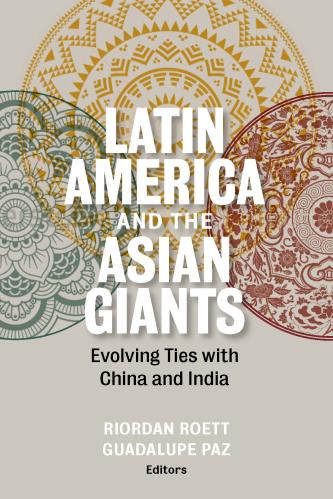
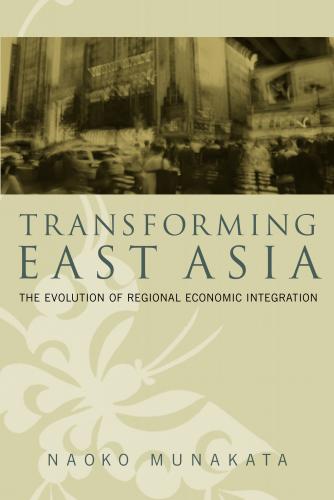

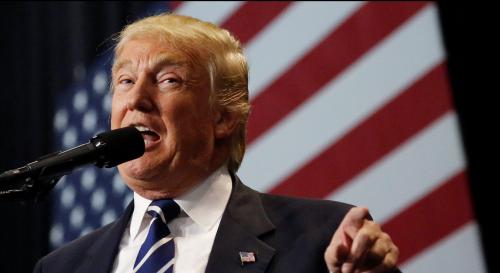
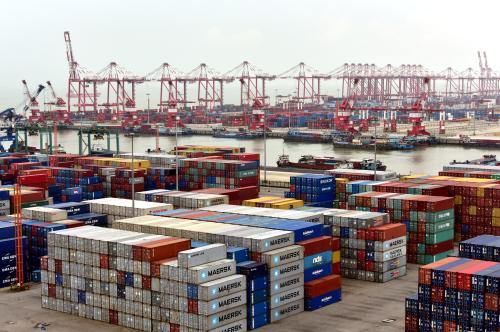
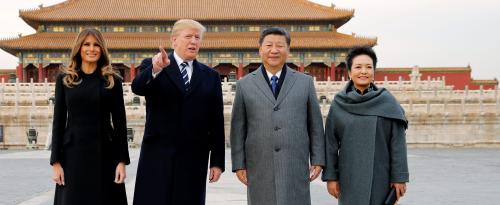

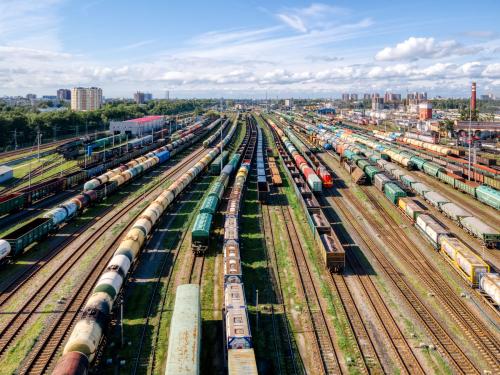

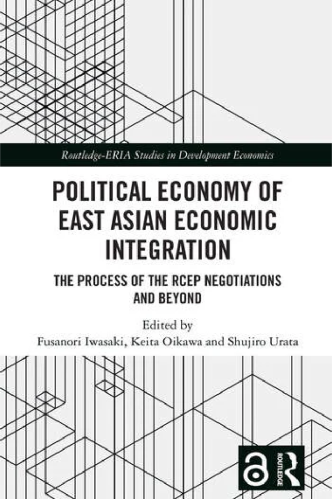
Commentary
The dangerous side to the art of the deal
January 19, 2017